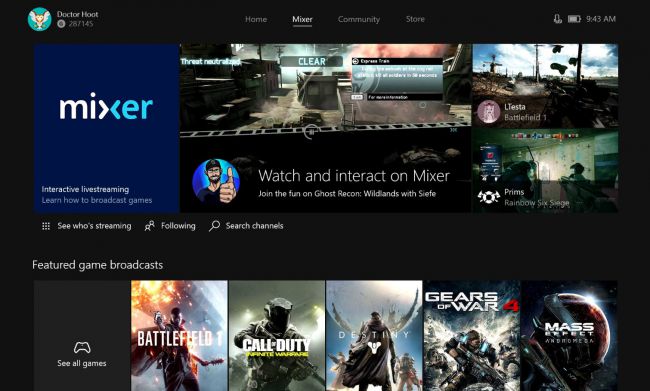ESports has experienced a meteoric rise, beating all odds to rival mainstream sports in many aspects. It is not a new concept, but the recent growth is what has got the world paying attention. It is believed that a television and online audience of approximately 100 million watched the League of Legends in the World Championship Finals of 2018. The same year, 103 million people watched the Super Bowl, which is often regarded as the gold standard for viewership in sports. Overall, eSports boasted a breath-taking 395 million TV and online audience globally in 2018, with the number expected to hit over 450 million by the close of 2019.
The popularity of esports is having an immense growth daily during the global pandemic and will continue as the studies have shown that more and more people are joining to see their favorite gamers play and win. It is expected that the audience of eSports will reach 577.2 million in 2024. Esports are watched by 474 million people throughout the world and this means that the audience of both viewers and players is immense and will continue to grow.
Economically speaking, big brands such as Betway are leaning towards eSports due to the potential shown over a short period. Fans from around the world can take part via their mobile phones or laptops, with the majority of these brands developing friendly apps. One perfect example is the Betway app that lets customers access different markets easily in a few taps, including the eSports section.
But what exactly is ESports?
ESports, or electronic sports, are video game competitions played between individuals or teams pitted against each other. It is under the electronic video gaming, sports and entertainment industries. The popularity of eSports has become immense to a point that dedicated stadiums are being built for the more popular global events. For instance, the Fortnite World Cup which had a prize money of over $30 million took place in Arthur Ashe Stadium in New York, which hosts the annual US Tennis Open.
In 2018, the first ever dedicated eSports stadium in Canada was opened in Richmond, British Columbia. The International Dota 2 Championship was held in a sold-out Rogers Arena in Vancouver, and had a total prize money of $25 million.
The business part of it
The rise of eSports to prominence should not come as any surprise, especially after a broad supporting framework joined the fray. The world is listening, and the attention being channeled towards eSports has sounded the alarm to the corporate world where global companies are spending millions of dollars in sponsorship deals.
Twitch, which is owned by Amazon is currently the largest streaming platform for eSports viewers in the world, with YouTube, Microsoft’s Mixer, and Facebook controlling the rest of the market. Interestingly, it looks like we are about to watch eSports in our TV sets, following the recent deal between ESPN+ and the League of Legends, which will be good news for Betway fans around the globe.
In the escalating fight between Twitch and Mixer, YouTube is the real winner
Ideally, investors are chipping in what they believe is the future of sports; where the real money is. Ever-growing viewership and the adoption of regular franchise-style leagues only means one thing; there will be more focus and interest in the industry from big brands around the world.
In 2019 alone, DouYu International Holdings, a Chinese eSports group raised a whopping $775M in US IPO. Nike did sign a 4-year deal in China with the League of Legends Pro League to provide apparel to each of the 16 professional teams in the league. That shows how much potential there is in eSports in a business point of view, and there is every reason to believe that the figures will triple in 2020 and the years to come.

